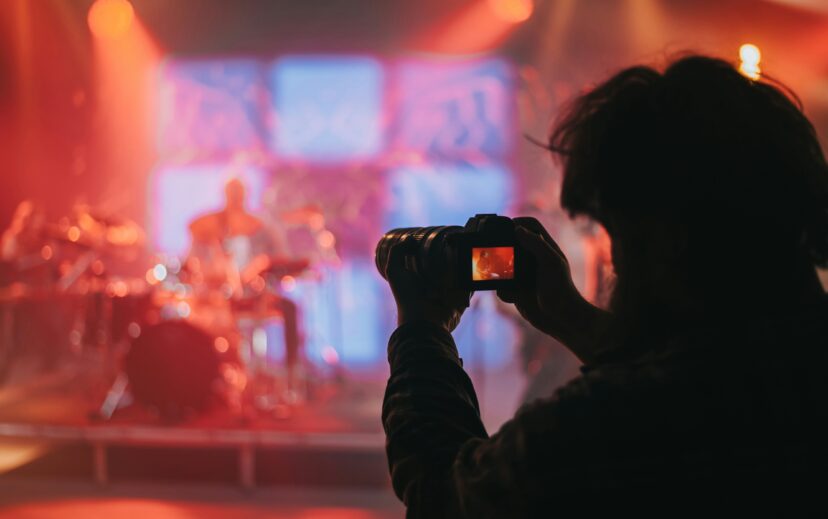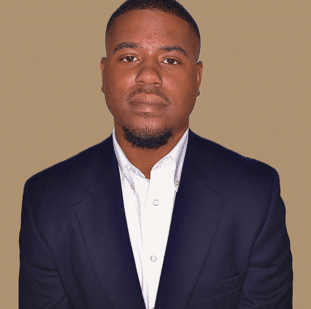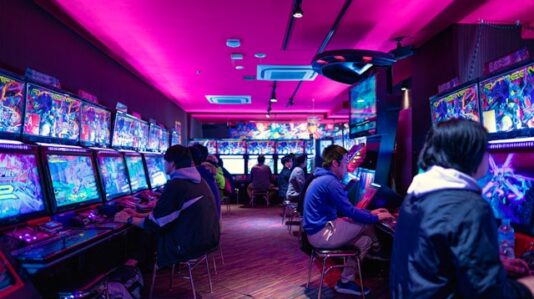Capturing live performances at concerts can be tempting for fans wanting to keep a memory or share the experience with others. However, recording and sharing these performances without proper authorization can lead to significant legal issues, as demonstrated by the lawsuit filed by reggaetón artist Bad Bunny against a fan who uploaded concert footage to YouTube. It is important to understand the legal intricacies of recording public performances and sharing them, knowing when such actions are legally permissible, and the consequences of unauthorized distribution.
Legal Framework Governing Live Performances
The legal consideration in recording live performances revolves around copyright laws. These laws are designed to protect the rights of artists and performers by preventing unauthorized reproductions of their works. Typically, recording a live performance without explicit permission from the copyright holder constitutes an infringement, unless it falls under exceptions like fair use.
Fair Use and Newsworthiness
The concept of fair use involves a complex legal framework that allows limited use of copyrighted material without permission under specific circumstances, such as:
- For commentary;
- Criticism;
- Education;
- Or news reporting
In some cases, the recording of a live event may be considered newsworthy, especially if it captures a significant or historical moment. However, arguing that a concert video is newsworthy can be challenging, as demonstrated in Bad Bunny’s lawsuit against Eric Guillermo Madroñal Garrone, who claimed that his uploads were of high public interest.
Past Legal Disputes
Legal battles over unauthorized recordings of live performances are not uncommon. A recent case involves Bad Bunny, who filed a lawsuit against a fan who posted videos from a concert on his YouTube channel. The lawsuit claims that Garrone recorded full song performances during Bad Bunny’s tour without permission and uploaded them to YouTube, effectively infringing on the artist’s copyright. According to the lawsuit, the videos contained “unauthorized bootleg” footage that potentially harmed Bad Bunny’s market by diverting viewers from his official content and used his performances to attract views and possibly ad revenue.
The legal action escalated when Garrone issued a counter-notice to YouTube after Bad Bunny’s team initiated a takedown request under the Digital Millennium Copyright Act (DMCA). Garrone defended his actions by claiming the videos contributed to public discourse, characterizing the footage as covering a newsworthy event given its significance as the start of a major tour.
This response compelled Bad Bunny to pursue formal legal action to ensure the removal of the videos and prevent further unauthorized use of his performances.
Securing Rights for Recording and Sharing
To legally record and share live performances, one must typically obtain consent or a license from the copyright holder. This could involve negotiations with the artist’s management or record label and might require payment of a fee or agreement to certain conditions, such as limitations on how the footage is used or distributed.
It is crucial for fans and potential publishers to be aware of venue policies and artist preferences regarding recordings at concerts. Many artists and venues explicitly prohibit video recordings, and breaking these rules can lead to ejection from the event or legal repercussions. Additionally, even if a venue allows recordings, copyright law still provides artists with protection against unauthorized distribution.
Conclusion
While recording live concerts offers a way to relive and share the magic of a performance, it is important to navigate this area with an understanding of the legal restrictions. Respecting the copyright of artists not only prevents legal disputes but also supports the creators’ rights over their performances. By obtaining the necessary permissions and adhering to legal guidelines, fans and producers can enjoy and share live music in a manner that respects the artists’ rights. An experienced lawyer can help fans and producers navigate the legal intricacies of sharing recordings of musical performances. Contact us to speak with a member of our team.







